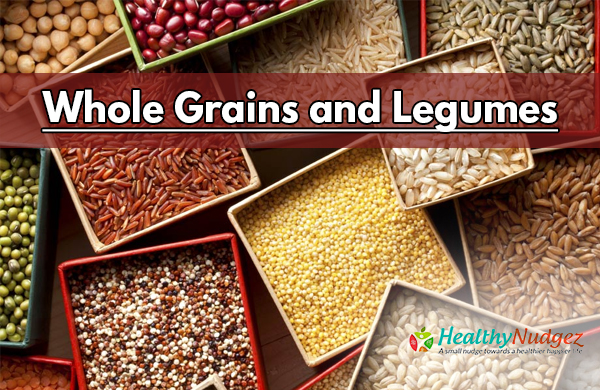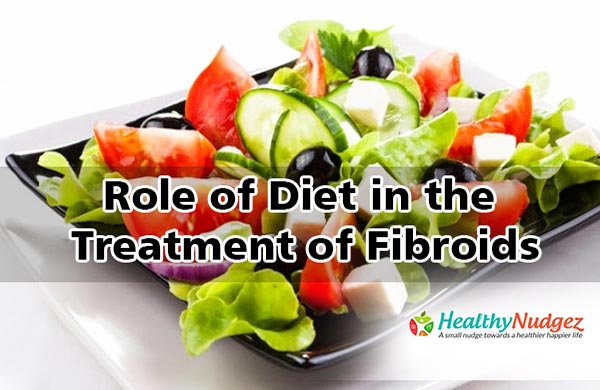Role of Diet in the Treatment of Fibroids
 The ways to reduce oestrogen levels through diet are mainly to reduce weight, (as fat cells produce more oestrogen), to avoid foods that cause hormonal imbalance directly or indirectly and to add those foods to daily diet that improve hormonal balance.
The ways to reduce oestrogen levels through diet are mainly to reduce weight, (as fat cells produce more oestrogen), to avoid foods that cause hormonal imbalance directly or indirectly and to add those foods to daily diet that improve hormonal balance.
The diet that needs to be followed for proper hormonal balance should be rich in fibre, low in fats and refined carbohydrates and rich in antioxidants, vitamins and minerals. Such a diet naturally reduces and also helps to maintain the body weight, reduces cellular inflammation and helps in the process of detoxification. As constipation aggravates the symptoms associated with fibroids, following a high fibre diet is very essential. The daily intake of fibre should be about 30 to 35 gm, which can be easily obtained from the following diet.
The diet should, therefore, essentially include the following food items:
Whole Grains: Whole cereal grains include whole wheat flour, oats, corns, finger millet (ragi), millet (bajra), brown rice, etc. The fibre helps to speed up the process of elimination of extra oestrogen from the system. Whole grains should form a part of our daily diet and should be included in each meal.
Plenty of fruits and vegetables: Including vegetables in diet helps in detoxifying the body and thus support liver function, also have high fibre content and a low glycemic index (so helps reduce cellular inflammation). Fruits and vegetables in general are a good source of minerals, vitamins, antioxidants and phytochemicals. This group also contains certain compounds such as Phyto-oestrogen namely isoflavonoids, lignans and lycopene, all of which have the capacity to balance oestrogen. About 750-100 gm of vegetables and fruits daily is recommended.
Legumes: legumes such a green beans, soy, kidney beans, lentils, etc. are high in proteins and fibre and have low glycemic index. These are good to replace and reduce meat consumption as these reduce inflammation that increases fibroid growth. Soy is a good source of phyto-oestrogen and has an inverse relation with fibroids, but needs to be taken in moderation. About 30 gm of legumes and 150 gm of fresh beans is sufficient give the required results. Soy may not be consumed on a daily basis but about 50 gm of soy chunks twice a week may be included in the diet.

